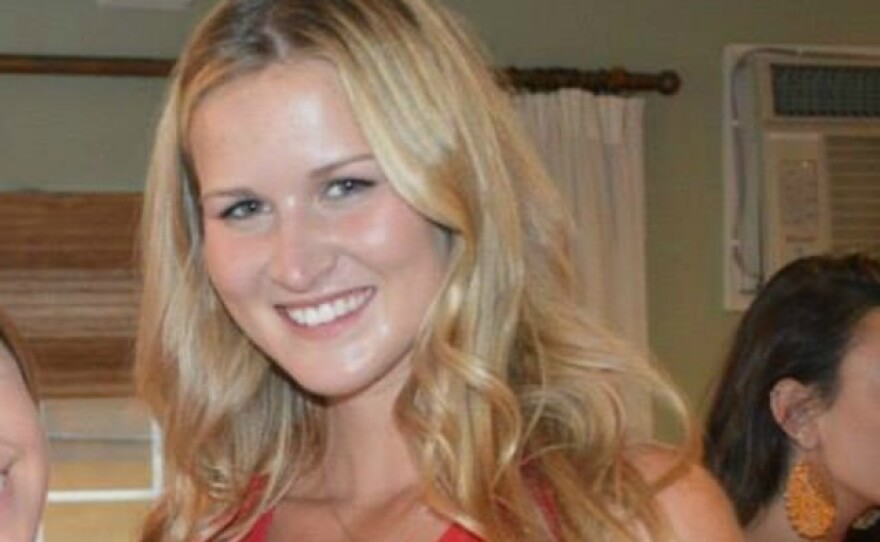In the wake of conflicting information at the end of last week regarding the bacterial meningitis-caused death of an 18-year-old San Diego State University student, the school and county health officials confirmed Monday that she was taken off life support on Saturday.
Sara Stelzer, a freshman from Moorpark in Ventura County, began experiencing flu-like symptoms the night of Sunday, Oct. 12, and was admitted to a hospital on Tuesday. The school announced Friday morning that she had died from meningococcal meningitis, even though she was still on life support at the time.
Stelzer was kept on life support so she could be an organ donor.
Related: Five People Alive Today Thanks To SDSU Student
A vaccine is licensed and available in the U.S. to prevent certain strains of meningococcal disease, and it is routinely recommended for children and adolescents 11 to 18 years of age.
The bacteria that caused Stelzer's death was a different type, known as serogroup B. The vaccine widely available in the United States does not cover serogroup B.
But Dr. Dean Sidelinger, the child health medical officer for the San Diego County health department, said Monday that a vaccine does exist for the meningitis that killed Sara Stelzer, and it can be made available with permission from the U.S. Food and Drug Administration and the Centers for Disease Control and Prevention.
"This vaccine has been used in the past in this country to try and control the spread of this disease on college campuses," Sidelinger said. "And if there's a second case of meningococcus type-B that's identified in the San Diego State University campus in the next six months, we will request permission from the CDC to use this vaccine to try to control that disease."
Nearly 1,000 students visited Student Health Services for evaluations and preventative antibiotics after learning last week about Stelzer's illness, an SDSU spokeswoman said. Some students who had symptoms were found to be OK, according to the school.
The school's health clinic will continue to see student patients as needed, according to SDSU.
The university contacted students who may have been in close contact with Stelzer, among them members of the Kappa Delta sorority and two fraternities where she attended parties on Oct. 8 and Oct. 9 — Alpha Epsilon Pi and Delta Sigma Phi.
Students with questions can contact Student Health Services at (619) 594-4325 and press 2 between 8:30 a.m. and 4:30 p.m. weekdays, go online to shs.sdsu.edu, or contact their personal healthcare provider.
The county Health and Human Services Agency said bacteria can be spread through close contact, such as sharing drinking glasses, eating utensils, cigarettes or pipes, or water bottles; kissing; and living in close quarters. The time between exposure to the disease and the onset of symptoms can be between two and 10 days.
Symptoms of meningococcal disease may include fever, intense headache, lethargy, a stiff neck and/or a rash that does not blanch under pressure. Anyone with potential exposure who develops any of those symptoms should immediately contact a health-care provider or emergency room for an evaluation for possible meningococcal disease, health officials said.
Dr. Gregg Lichtenstein, director of SDSU's Student Health Services, said people with such symptoms should immediately go to a hospital emergency room for treatment, not a student health clinic or a personal physician.
County health officials said six cases of meningococcal disease have been reported in San Diego County this year, including a Patrick Henry High School student who died in February. On average, 10 cases have been reported annually over the past five years in the region.





